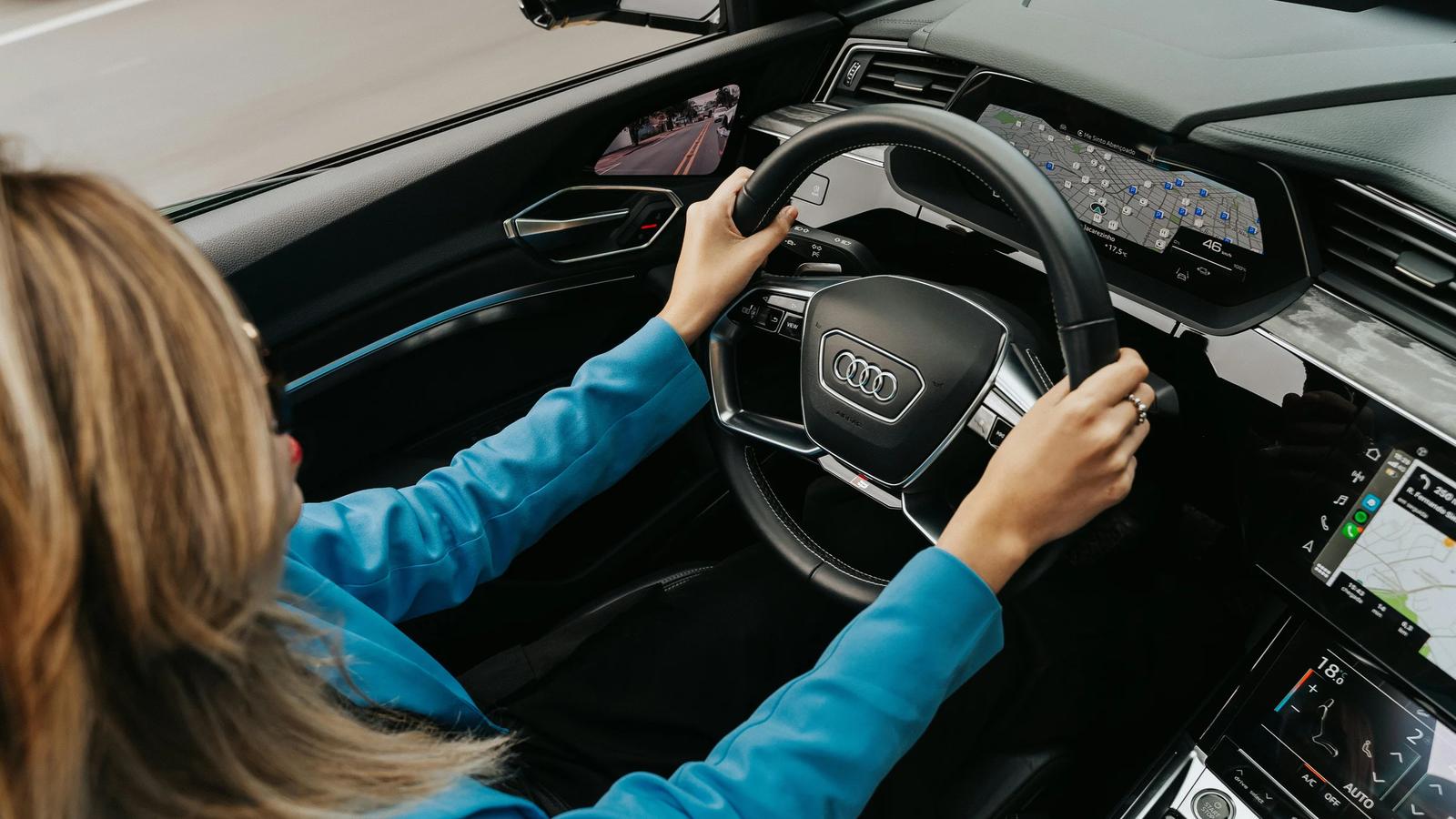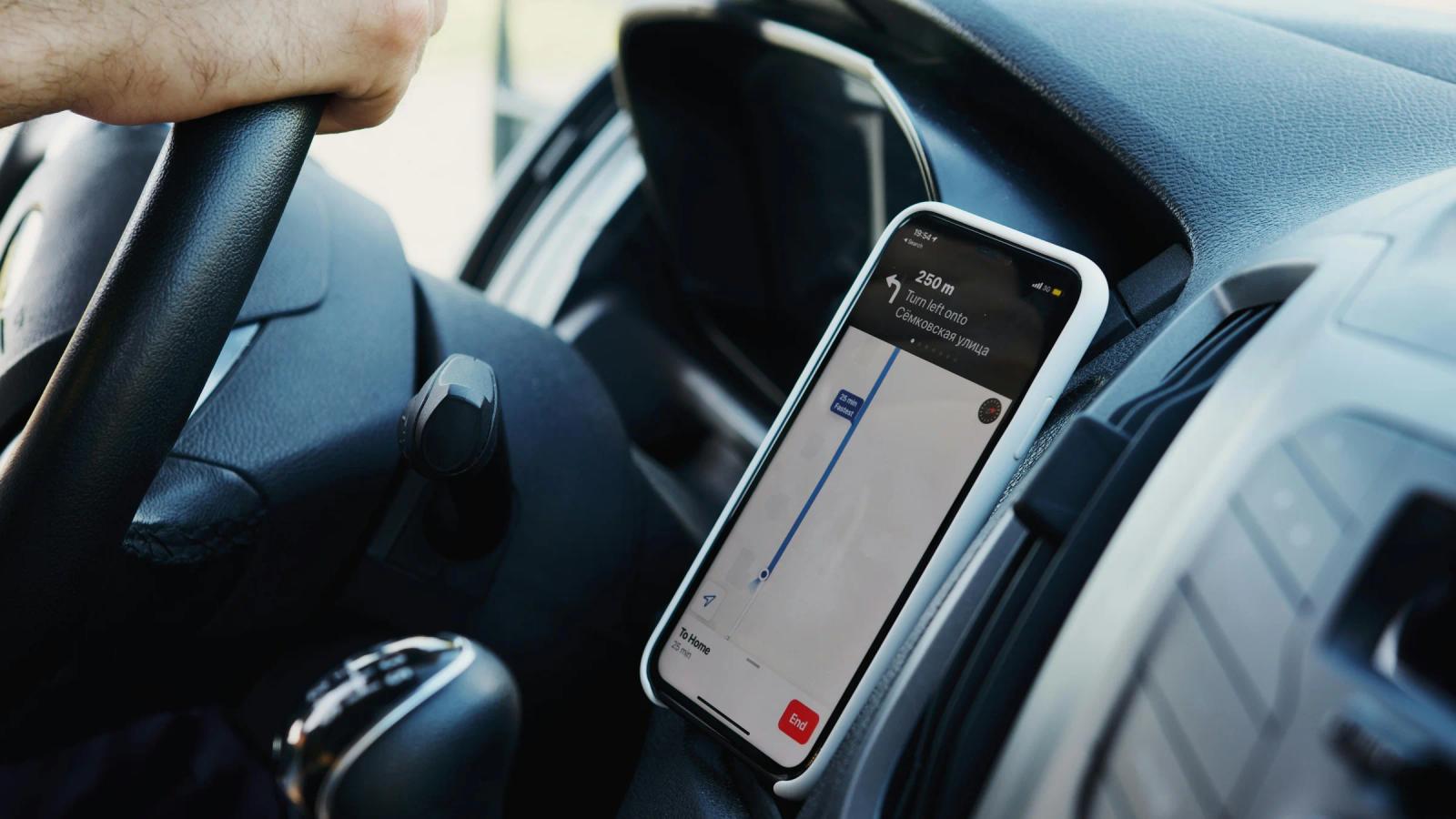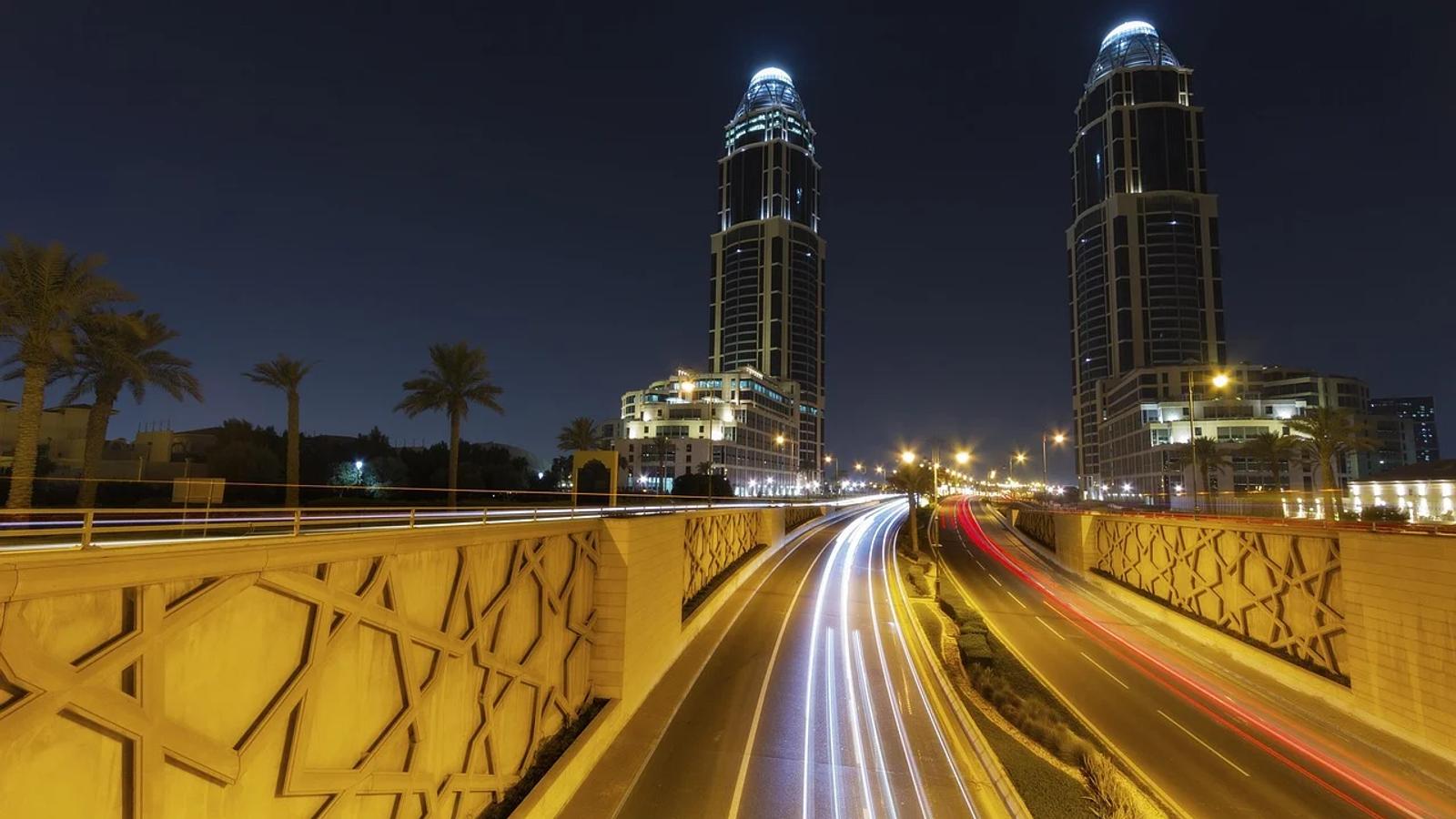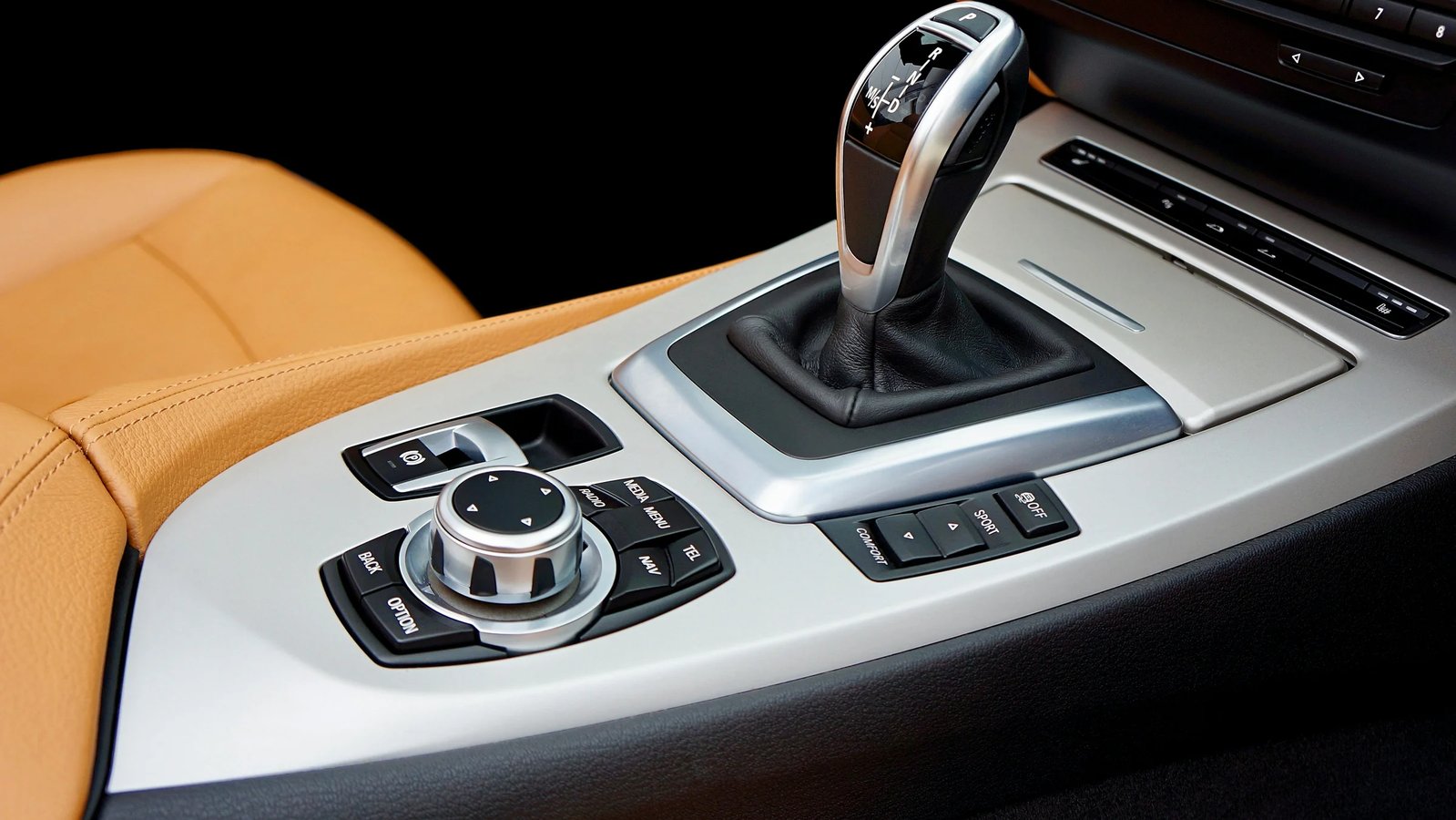Qatar is small in distance but big on highways, interchanges and heat – having a car often beats taxis and buses, especially if you want to go beyond Doha to beaches and the desert.
Renting a car in Qatar is straightforward: many offices at Doha Airport and in town, all the major brands, and prices comparable to the UAE. But there are important details around licences, deposits, fines and cross-border rules.
This guide explains when car rental in Qatar is actually worth it, how much you can expect to pay per day, where to book, and which pitfalls most often catch visitors by surprise. For deeper details you can also refer to Car Rental in Qatar: Everything Tourists Need to Know.
Key Takeaways
- Renting a car in Qatar makes sense if you plan day trips beyond Doha – to beaches, Souq Al Wakrah, Al Thakira Mangroves, Purple Island, Al Khor and Lusail.
- Minimum rental age is usually 21, with at least one year of driving experience; a bank card in the main driver’s name is almost always required.
- Tourists can typically drive on their national licence plus, in many cases, an International Driving Permit; for rentals beyond a week some companies require a temporary Qatari licence.
- Budget sedans cost around 80–150 QAR per day, compact SUVs roughly 150–300 QAR, and large or luxury SUVs from 300–1000+ QAR per day.
- Deposits are normally 1000–3000 QAR, blocked on your card and adjusted later for fines, fuel and damage.
- Most major companies forbid cross-border travel and strictly limit driving on sand or off-road.
- Speed and red-light fines are very high and monitored by cameras; driving carefully is essential.

Do you really need a rental car in Qatar?
Renting a car is not a must for everyone. It helps to start with a few questions:
A rental is worth it if you:
- plan several trips outside Doha over one or more days;
- want to explore beaches around Al Wakrah, the mangroves at Al Thakira Mangroves, Purple Island, stadiums and desert areas;
- travel as a family or group of 3–5 people, making taxis expensive;
- value flexibility with timing, stops and itinerary changes.
You can skip a rental if you:
- focus only on Doha, Souq Waqif, Museum of Islamic Art, Katara Cultural Village, The Pearl Island and Doha Corniche;
- are happy with metro and taxis and don’t want to deal with local driving rules and offences;
- stay just 1–2 days with a “walk and mall” style programme.
If unsure, you can first spend a day or two in Doha without a car and then rent one only for your planned day trips.
Where to rent: airport, city or online
Airport Doha Airport
- At Doha Airport Arrivals you’ll find major international brands plus local providers.
- Pros:
- you can start driving immediately and go straight to your hotel;
- convenient for late-night arrivals.
- Cons:
- highest prices in most cases, with airport surcharges;
- more queues in peak season.
For daytime arrivals it is often cheaper to take Karwa/Uber to your hotel and rent from a city office later.
City and Lusail offices
- Rental offices are spread across central Doha, West Bay, near Msheireb Downtown, in major malls and in Lusail.
- City locations often offer lower prices than the airport and may deliver the car to your hotel.
- Some local agencies include free delivery within the city for rentals of several days or more.
Online aggregators and price comparison
- It’s convenient to compare multiple international and local companies online before you travel.
- For Qatar, classic car rentals are easy to compare via Localrent and Economybookings.
- Booking online is almost always cheaper than walking up to a counter and gives clearer information about insurance and deposits.

Rental conditions and documents
Age and experience
Typical requirements:
- Minimum age – 21 years (sometimes 23–25 for larger or premium cars).
- Driving experience – at least one year; powerful cars and minibuses may require two years or more.
Younger drivers or those with limited experience are often refused or charged higher rates and deposits.
Licence and International Driving Permit
Most companies will ask for:
- a national licence with Latin characters, plus passport and visa;
- an International Driving Permit (IDP) is recommended and sometimes required depending on nationality;
- in practice:
- many rentals allow driving with a national licence alone for up to 7 days after entry;
- for longer rentals they may require a temporary Qatari licence.
Always confirm this with your chosen company before booking, especially if you plan to stay and drive for 2–3 weeks.
Card and deposit
Nearly all rentals:
- require a bank card in the main driver’s name;
- block a deposit of around 1000–3000 QAR (more for SUVs and luxury cars);
- use the deposit to settle fines, fuel differences and damage.
Debit cards are not always accepted, so bringing a credit card is safer. Releasing the deposit may take up to 2–4 weeks.
Choosing the right car for Qatar
Car classes
- Economy / compact – perfectly fine for Doha, Lusail, The Pearl Island and nearby beaches; usually the best value.
- Mid-size sedan – more comfortable on longer highway stretches, for example regular trips to and from Al Khor.
- Compact SUV – a good family choice: higher clearance, slightly more confidence on sandy car parks, still reasonably priced.
- Large SUV / 7-seater – needed only for bigger groups or specific use cases.
Automatic vs manual
Most rental cars in Qatar are automatic, which is ideal for city traffic and complex interchanges. Manual transmissions are rare.
Desert and off-road
Even if your car is an SUV or has 4×4, that does not mean you can drive dunes with it. Rental contracts often explicitly ban:
- driving off paved roads;
- entering deep desert where the risk of getting stuck is high.
For real dune-bashing, it is safer and usually mandatory to book a dedicated tour, rather than taking a regular rental off-road.

Hidden pitfalls of renting in Qatar
1. Cross-border travel to Saudi or UAE
- Many big rental brands strictly forbid taking the car outside Qatar.
- Some local agencies allow travel to Saudi Arabia with special permission, extra insurance and fees – but this must be pre-agreed.
- If you plan a Gulf road trip, it is usually easier to rent a car in each country separately.
2. Fines and cameras
- City speed limits are typically 60–80 km/h, highways 100–120 km/h, lower near schools.
- Fines for speeding, red lights and using a phone while driving are very high; serious offences can lead to black points, court and deportation.
- Cameras track rental cars the same way as local cars; the company will charge you later via your deposit or card.
Copying aggressive local driving habits or “adding 30 km/h to every limit” is risky; it’s better to stay close to the posted speeds.
3. Insurance
Standard building blocks:
- TPL – third-party liability;
- CDW – collision damage waiver limiting your liability for damage;
- Super CDW / zero excess – reduces or removes your excess.
Common mistakes:
- choosing the cheapest rate with minimal cover and then paying for every scratch;
- not checking which items are excluded (glass, tyres, underbody, roof, sand damage and so on).
For peace of mind, a rate with CDW and a reasonable excess is usually a good compromise.
4. Mileage and extra options
- Some cheaper deals come with a daily mileage limit (for example, 200–300 km per day) and charge extra per kilometre beyond that.
- Extras are usually charged for: additional drivers, GPS/child seats, out-of-hours pickup/drop-off and delivery outside Doha.
Estimate your likely mileage early and compare unlimited and limited packages properly.
5. Fuel and return policy
Most common policies:
- full-to-full – you pick up and return with a full tank;
- same-to-same – you return at the same level.
Fuel is inexpensive in Qatar: petrol costs roughly 2–2.2 QAR per litre. It’s almost always cheaper to refuel yourself at a gas station than to pay the rental company’s refuelling rate.

Prices (Updated: November 2025)
All amounts are in QAR and based on current rental market data and cost-of-living statistics.
Car rental
Short-term (1–6 days):
- Economy / compact: about 80–150 QAR per day.
- Mid-size sedan / compact SUV: around 150–300 QAR per day.
- Large and luxury SUVs: from 300–1000+ QAR per day.
Weekly and monthly:
- Economy for a week: roughly 500–900 QAR.
- Compact SUV for a week: about 800–1600 QAR.
- Economy per month (long-term deals): approximately 1200–2500 QAR.
- SUV per month: around 2000–4500 QAR and higher for premium models.
Extras:
- Deposit on card: typically 1000–3000 QAR.
- Child seat: about 10–30 QAR per day or a flat fee.
- Additional driver: usually 10–20 QAR per day.
Fuel and transport for comparison
- Petrol (1 litre): about 2–2.2 QAR.
- Single local transport ticket: roughly 2–5 QAR.
- Monthly public transport pass: around 90–180 QAR.
- Taxis:
- starting fare – 7–15 QAR;
- 1 km – 5–15 QAR;
- short city ride – 12–25 QAR between central sights.
Tips
- Book online in advance and compare several companies via Localrent and Economybookings – walk-up rates are nearly always higher.
- Activate an eSIM via eSIM Qatar so you can run navigation and maps without worrying about roaming.
- When collecting the car, take photos or video from all sides, including wheels, roof and interior.
- Double-check that no unwanted paid options have been added (extra insurance, GPS, etc.).
- Do not plan dune adventures with an ordinary rental car – for desert driving it’s better to book a proper tour.
- Watch speed limits and traffic lights; fines are high and will find you via the rental company.
- If you rely on public Wi-Fi in cafés, hotels and malls, consider using a VPN – see Why Do You Need a VPN in Qatar? for more context.

FAQ
What is the minimum age to rent a car in Qatar?
Typically 21+ with at least one year of driving experience. Some companies require 25+ for powerful or luxury vehicles.
Do I need an International Driving Permit (IDP)?
In many cases a national licence with Latin characters is accepted, but IDP is recommended and sometimes required. For rentals longer than 7–14 days and extended stays, a temporary Qatari licence may be requested – always confirm before booking.
Can I drive a rental car from Qatar to Saudi Arabia or the UAE?
In most cases no: major brands clearly ban cross-border travel. A few local agencies may allow Saudi trips with special permission, extra insurance and fees, but this must be arranged in advance.
Do I really need an SUV for Qatar?
Not for regular city and highway driving – a sedan or compact SUV is more than enough. A true off-road SUV is only needed for serious unpaved or sand routes, which are often prohibited by rental contracts anyway.
Will fines actually reach me as a tourist?
Yes. Offences are linked to the car’s plate; the rental company later charges your deposit or card, often with an admin fee.
Which is cheaper – renting a car or using taxis?
For light city use, metro and taxis are usually cheaper and easier. If you drive daily or plan multiple day trips, renting a car quickly becomes more economical and more flexible.
Summary
Car rental in Qatar is a powerful upgrade if you want to go beyond the classic Doha + taxis setup and actually see beaches, mangroves, stadiums and smaller towns on your own schedule.
With a sensible choice of vehicle, clear insurance and careful driving, costs stay predictable while freedom of movement is far greater than for travellers who rely solely on taxis.
The key is to understand licence rules, deposits and cross-border bans in advance and not cut corners on safety or insurance.
